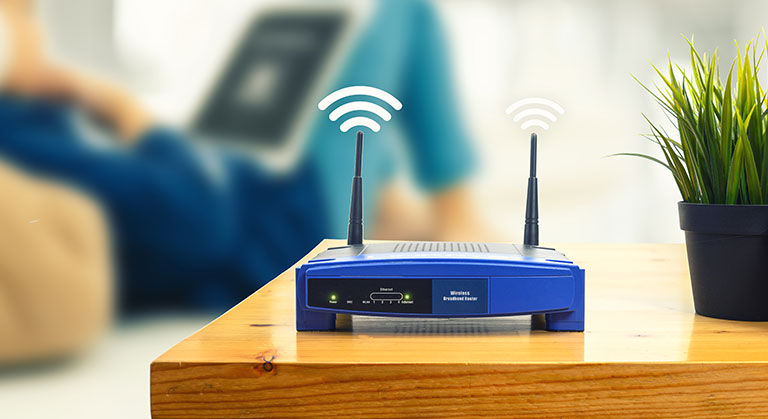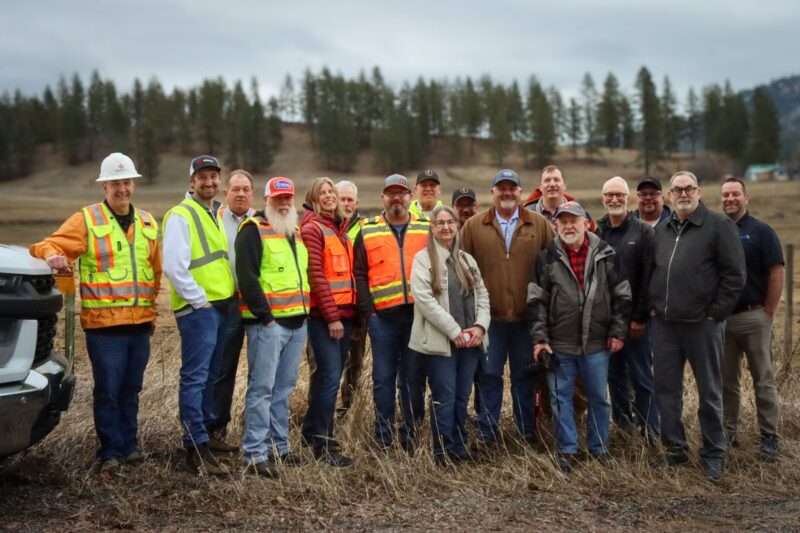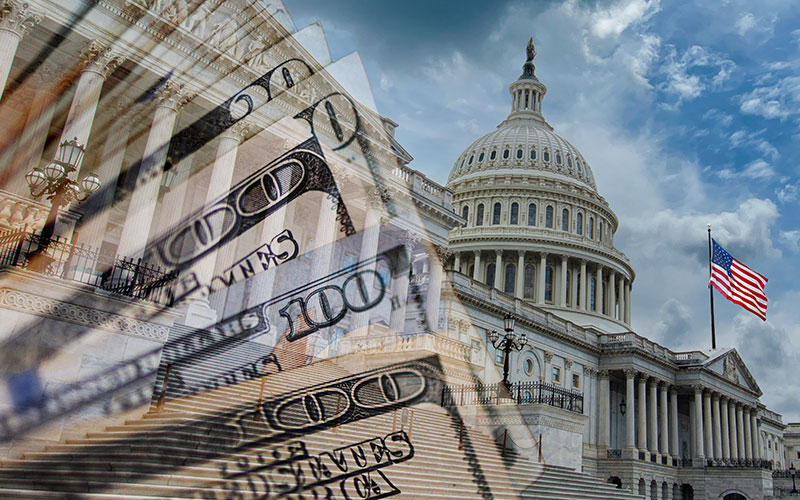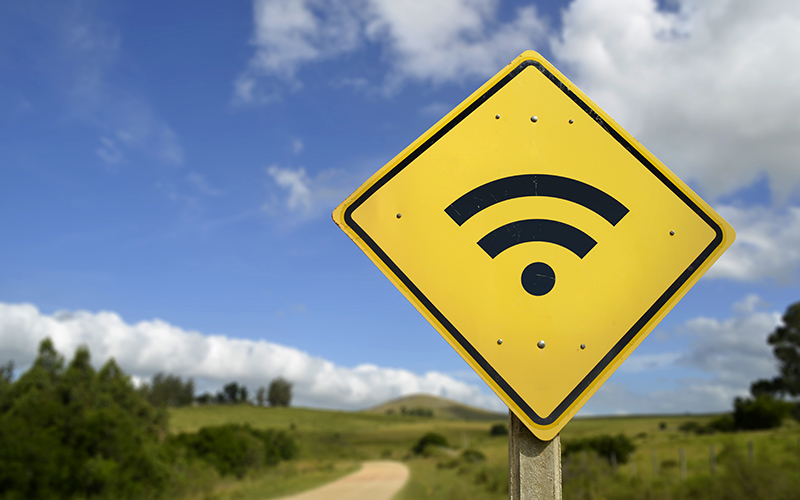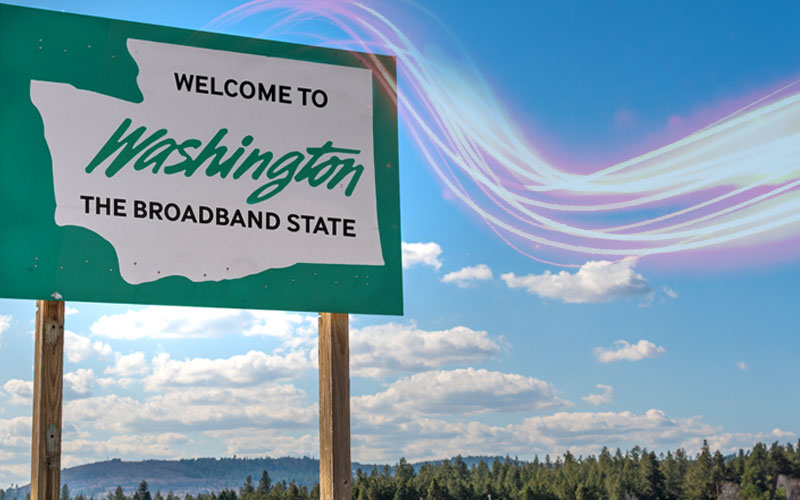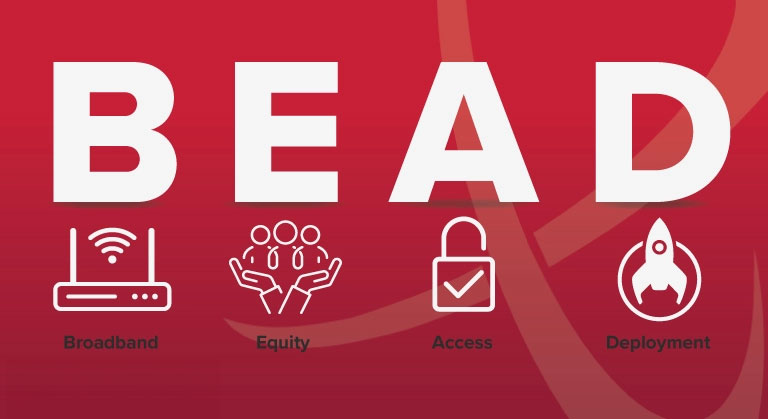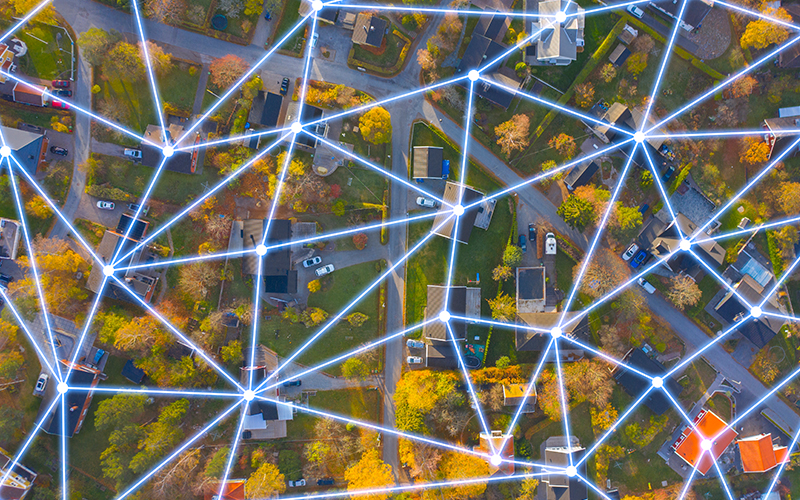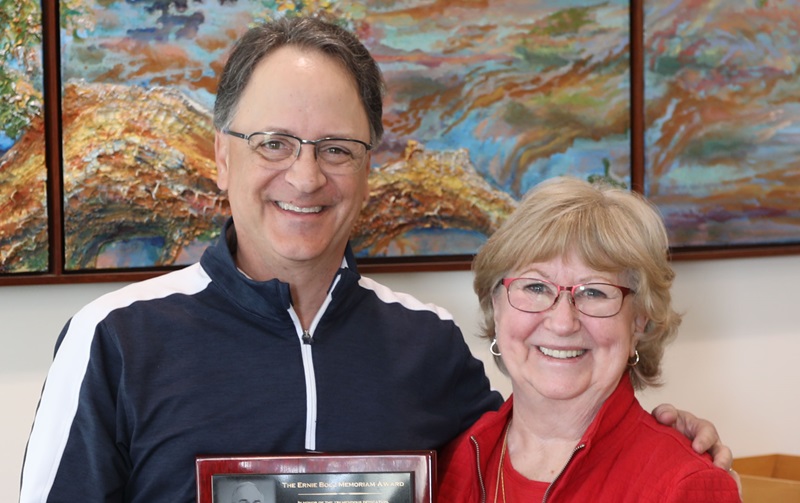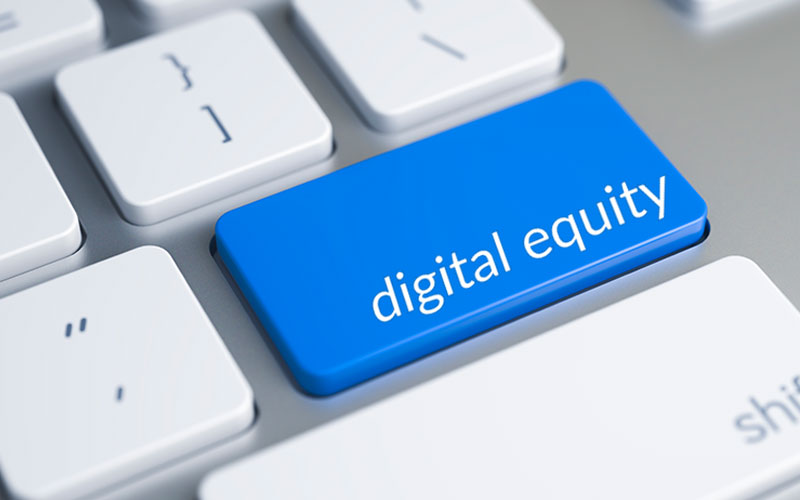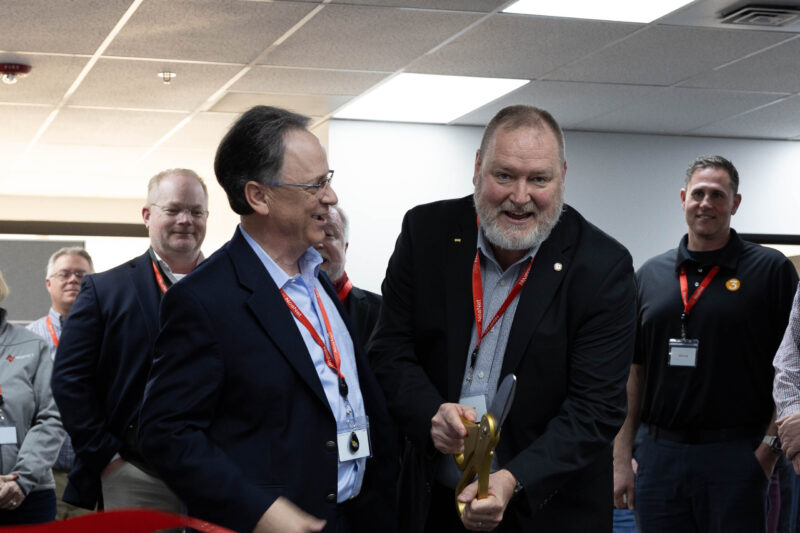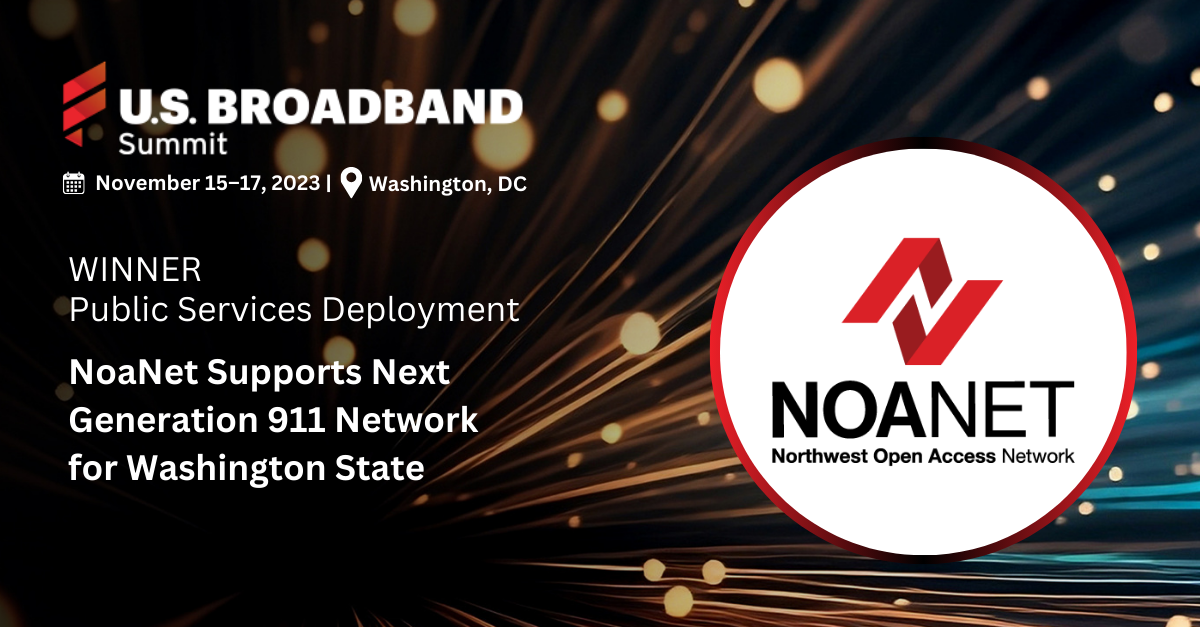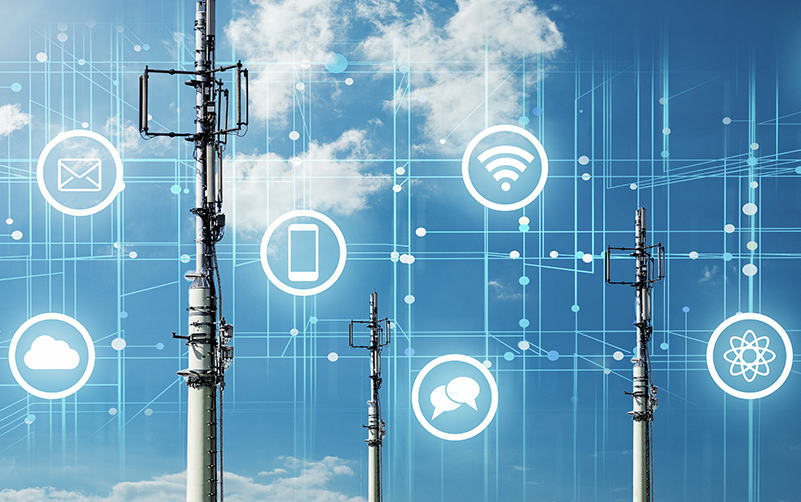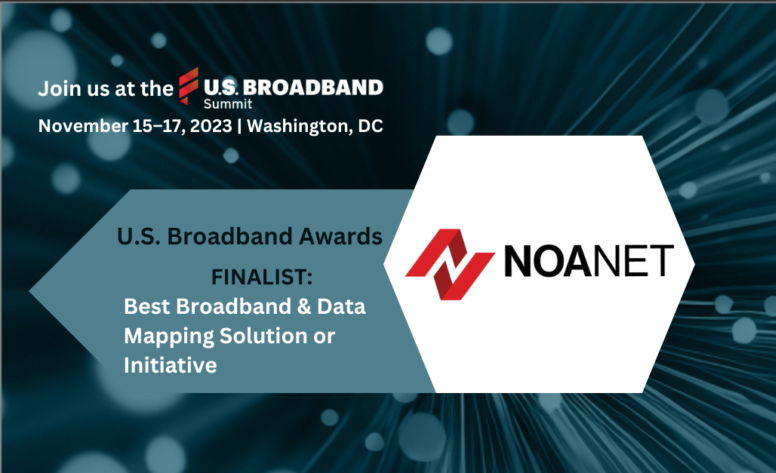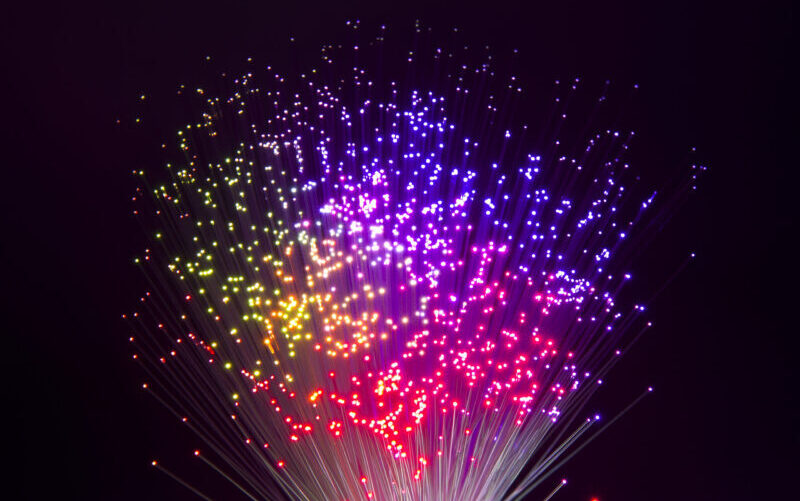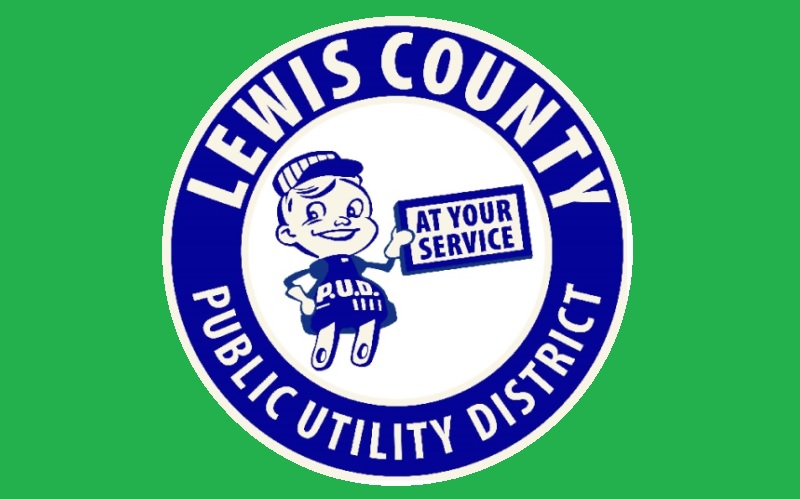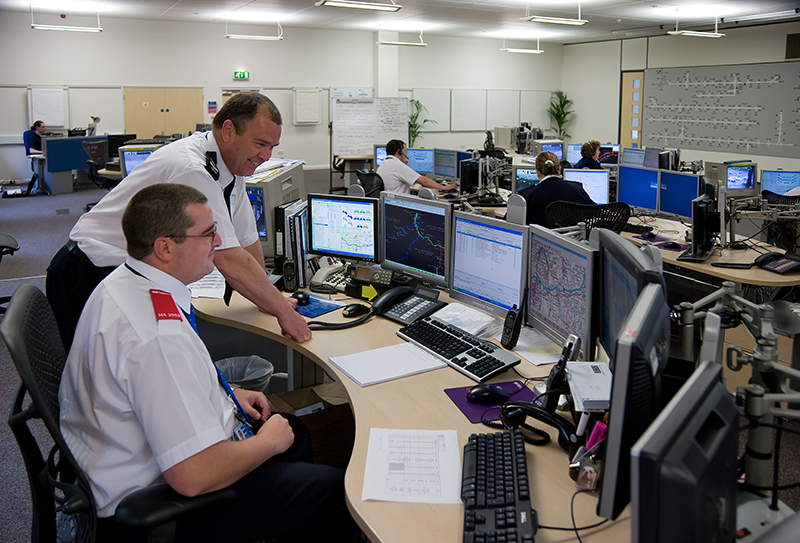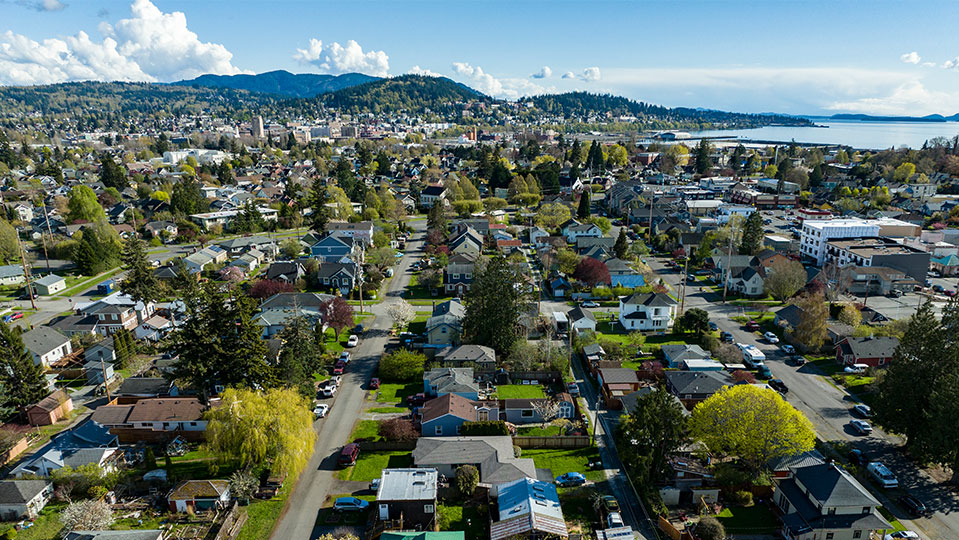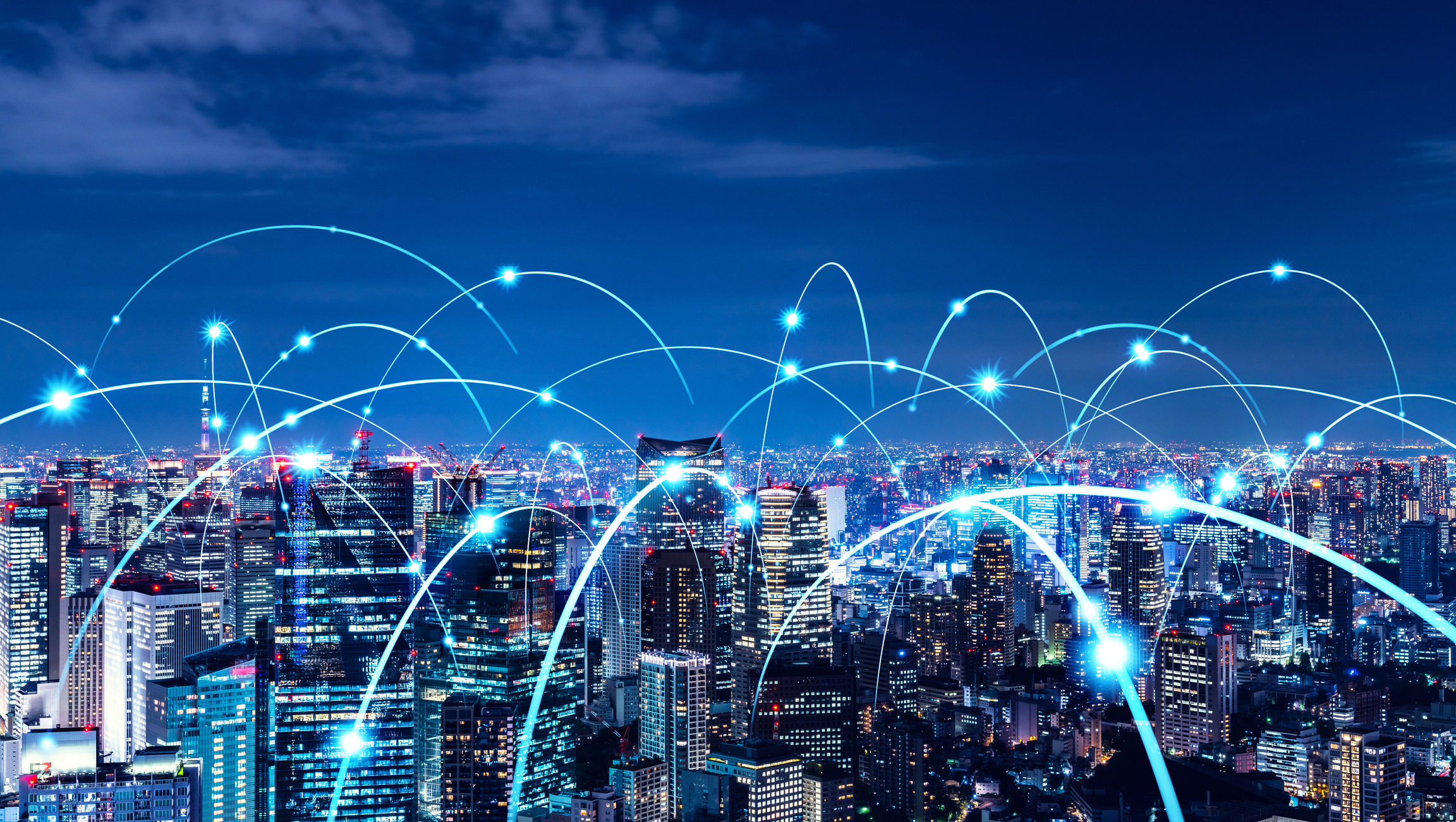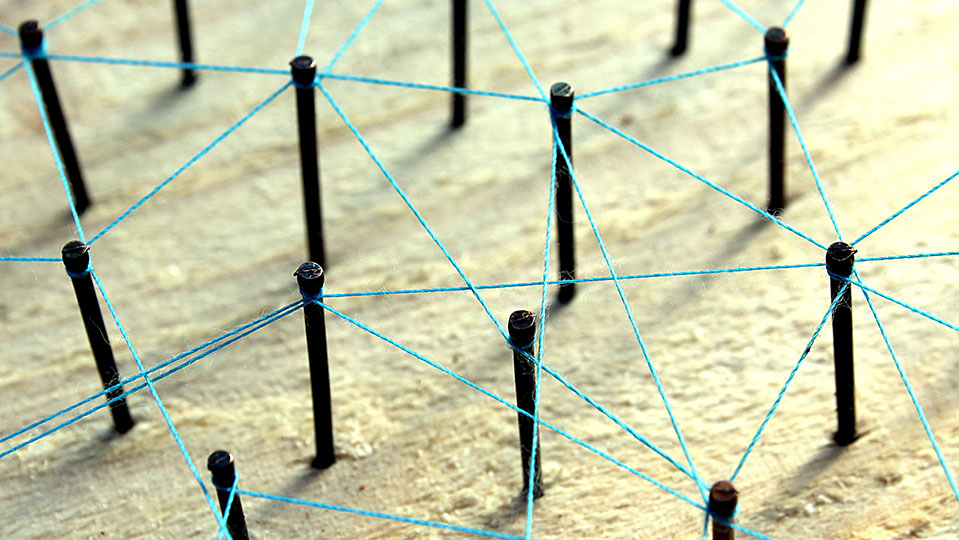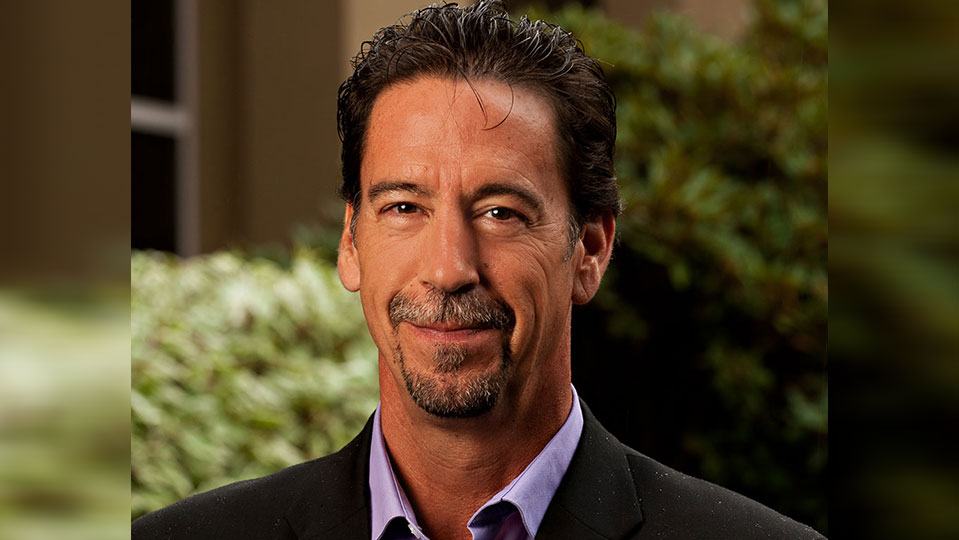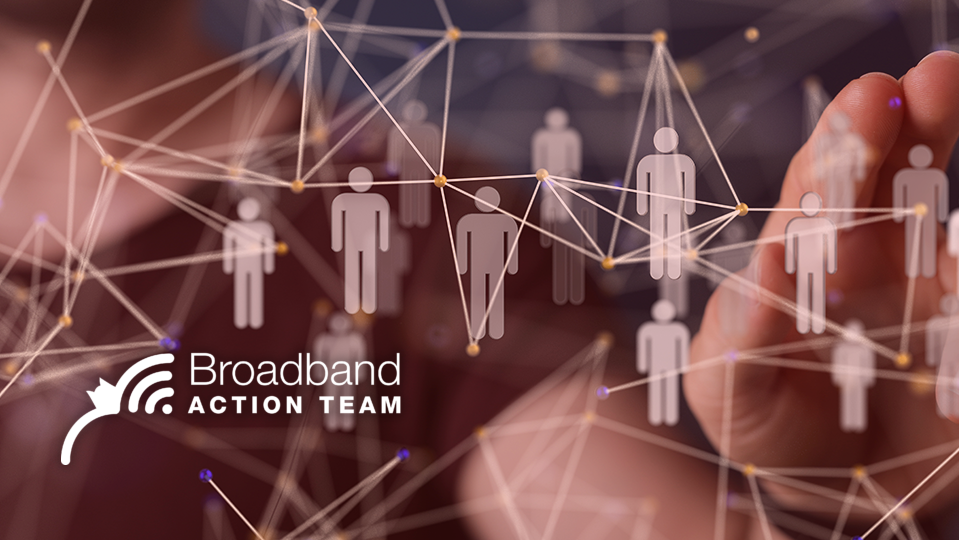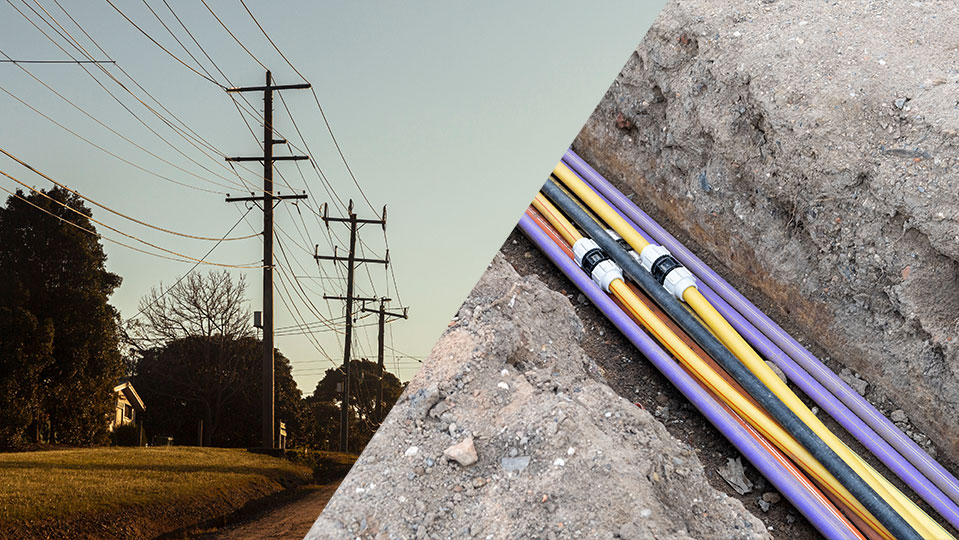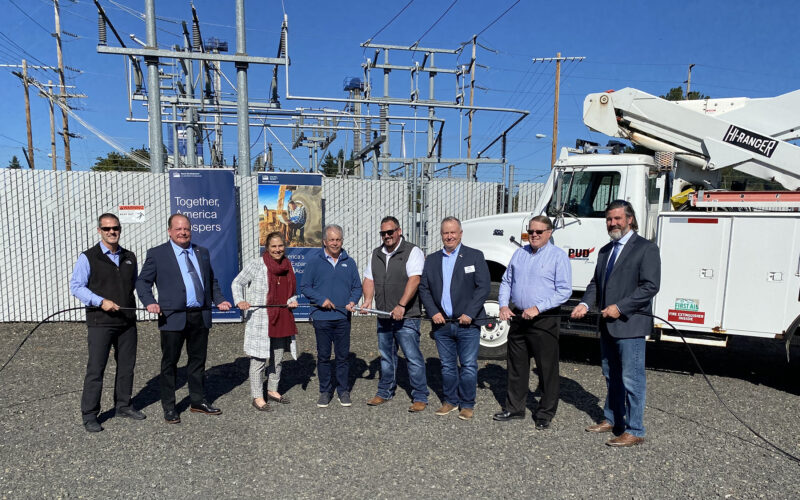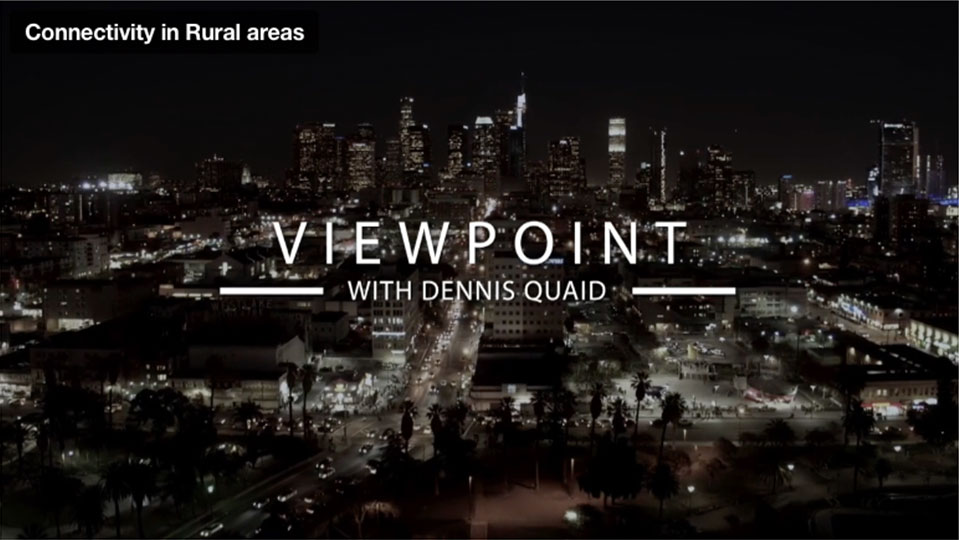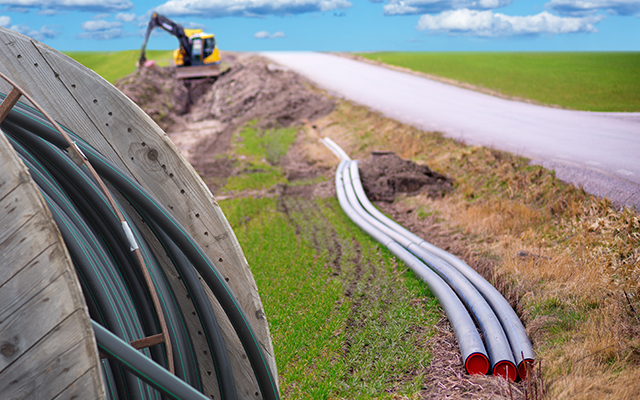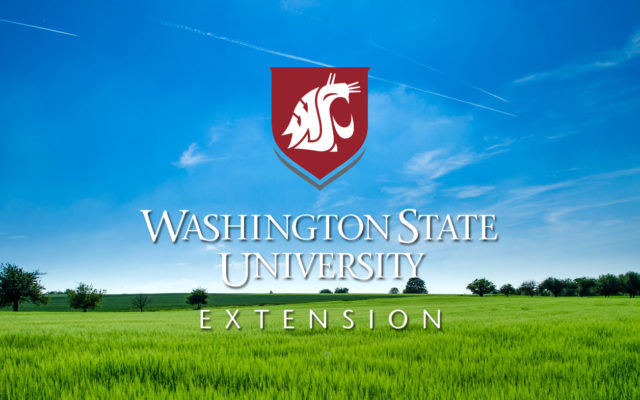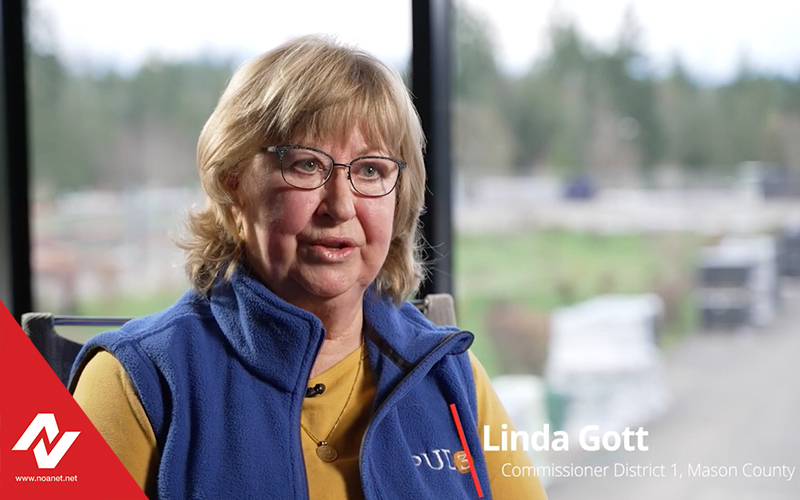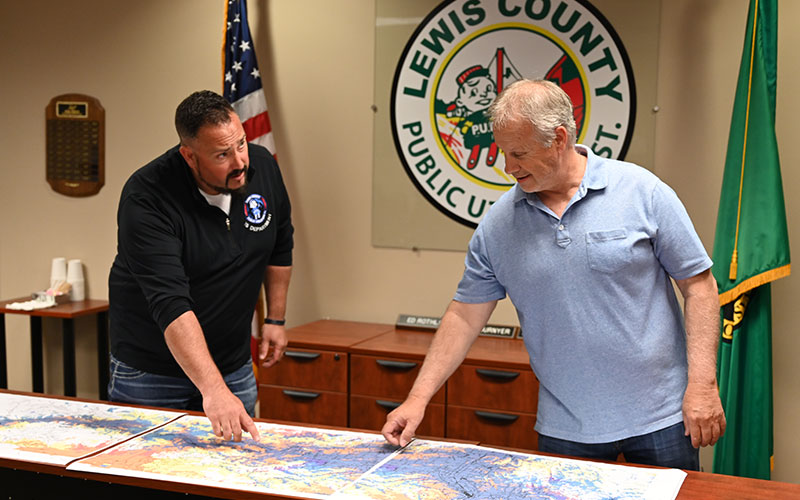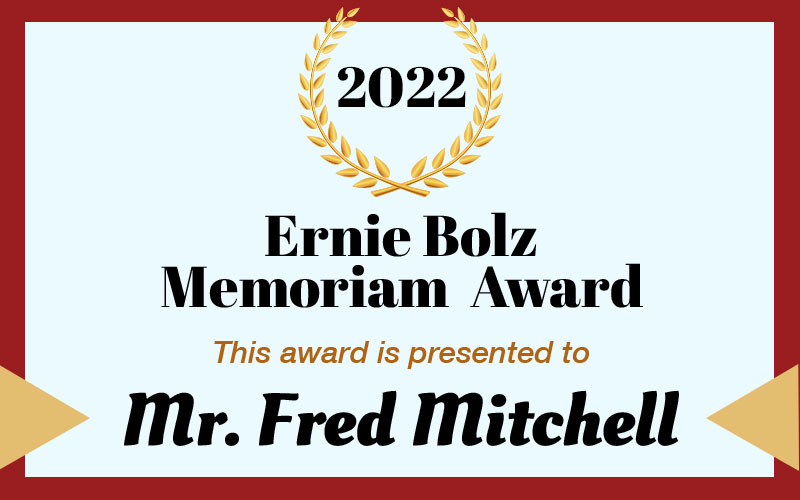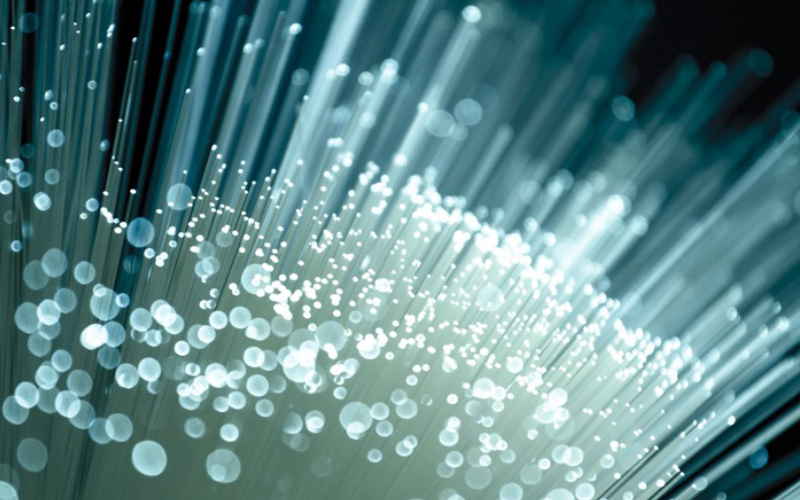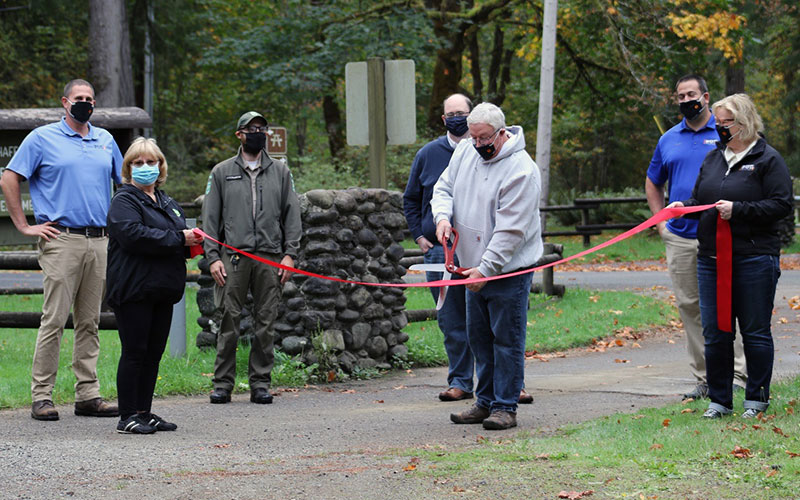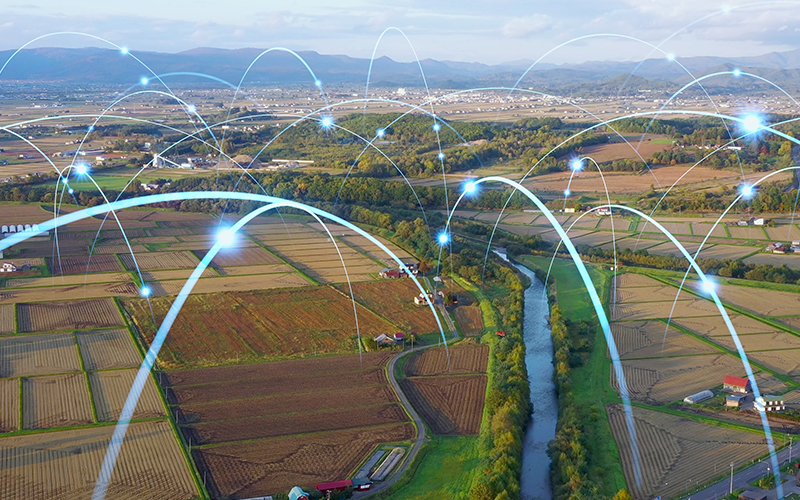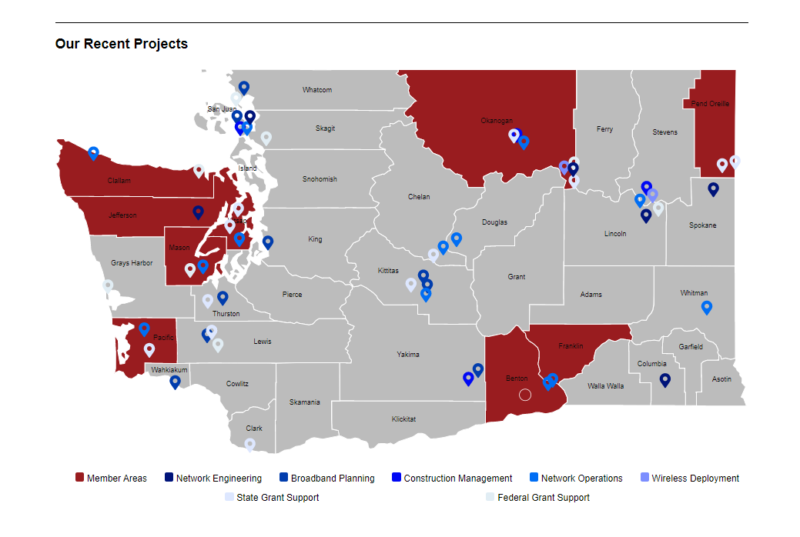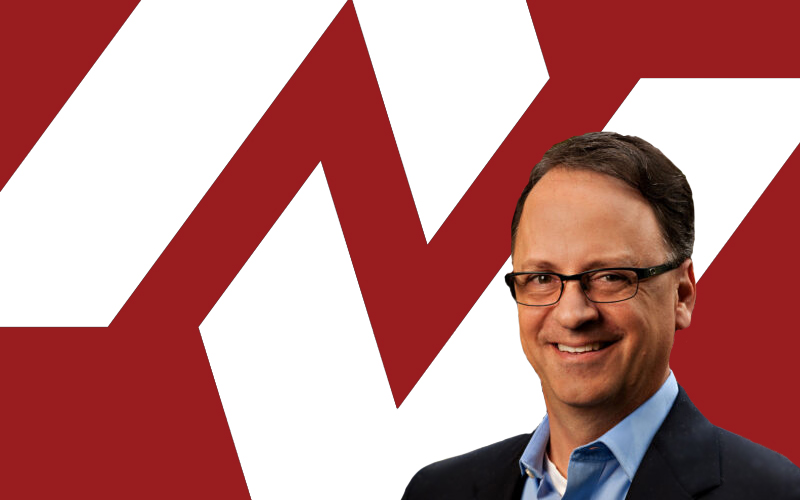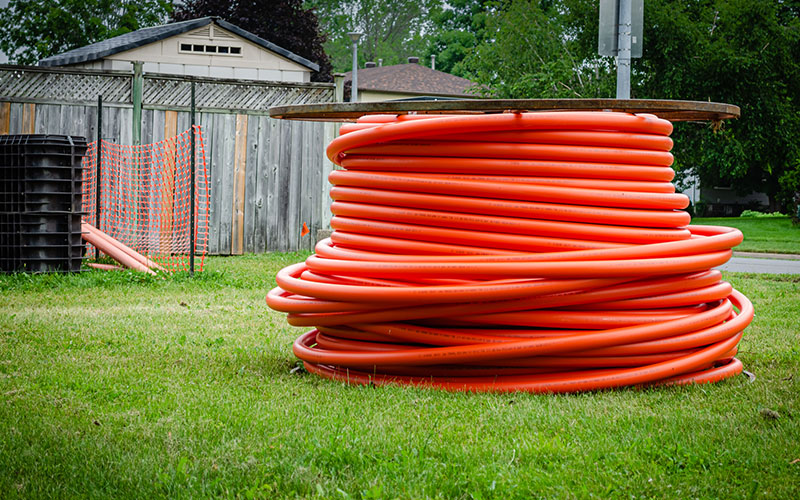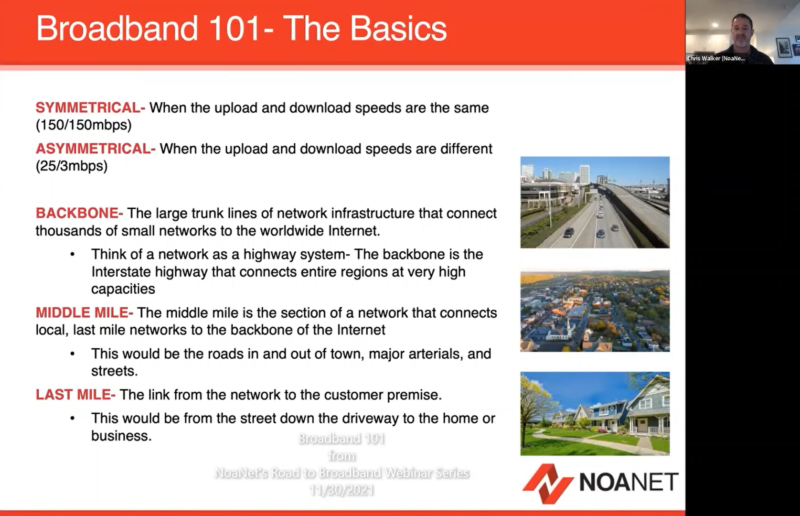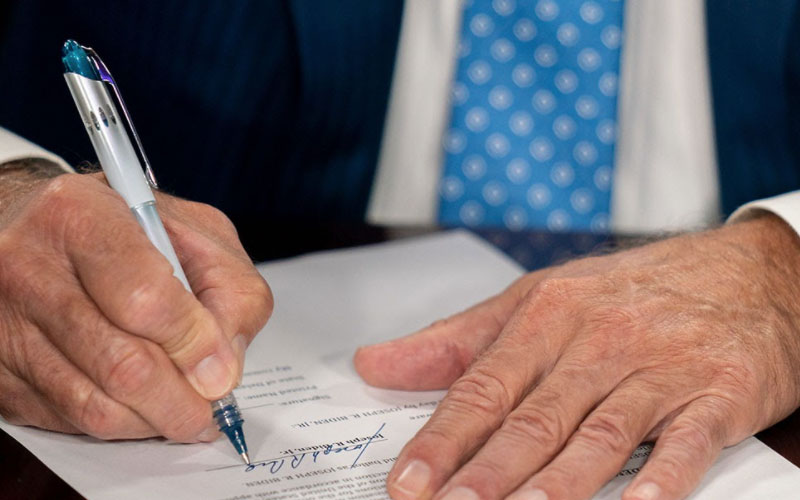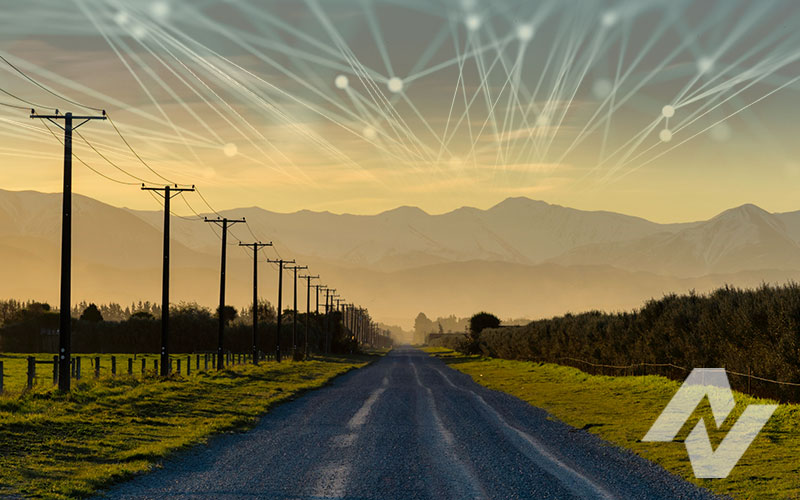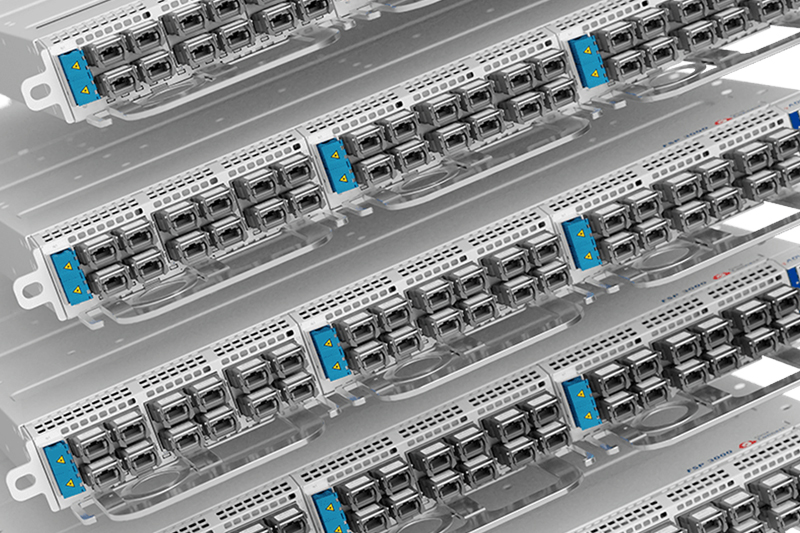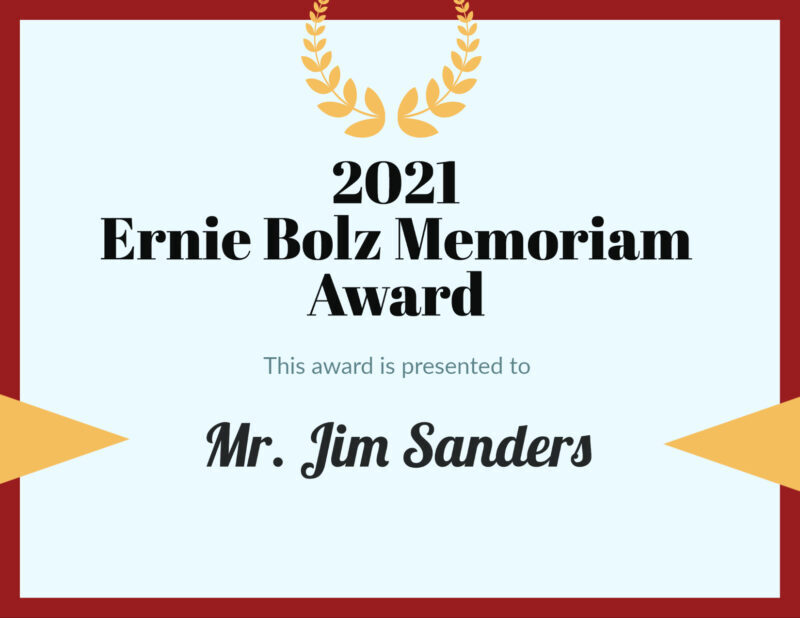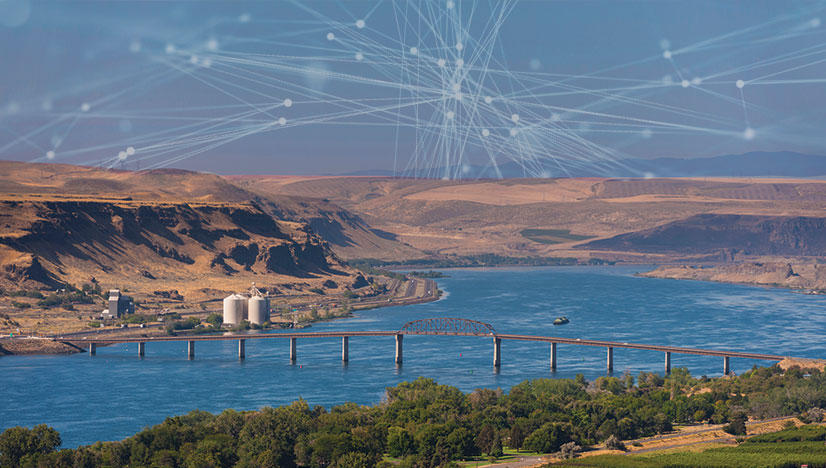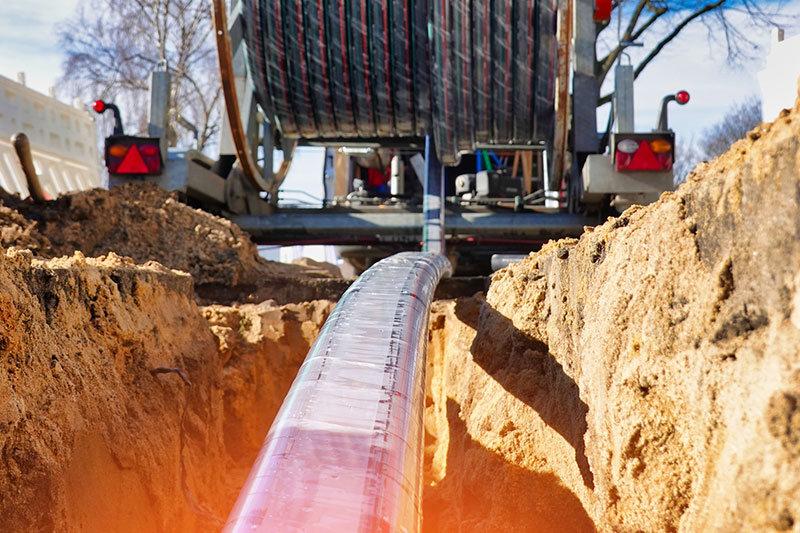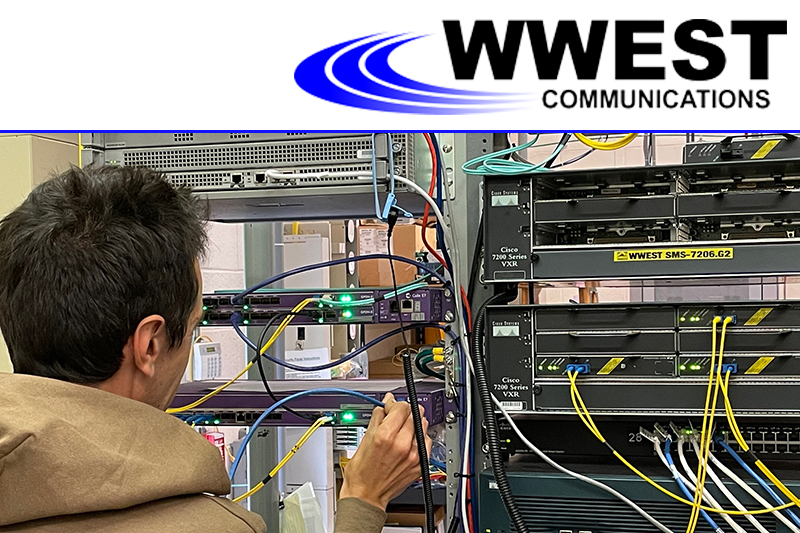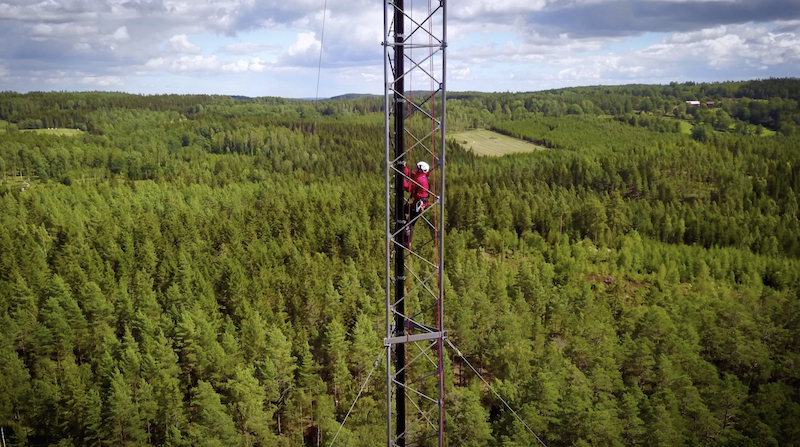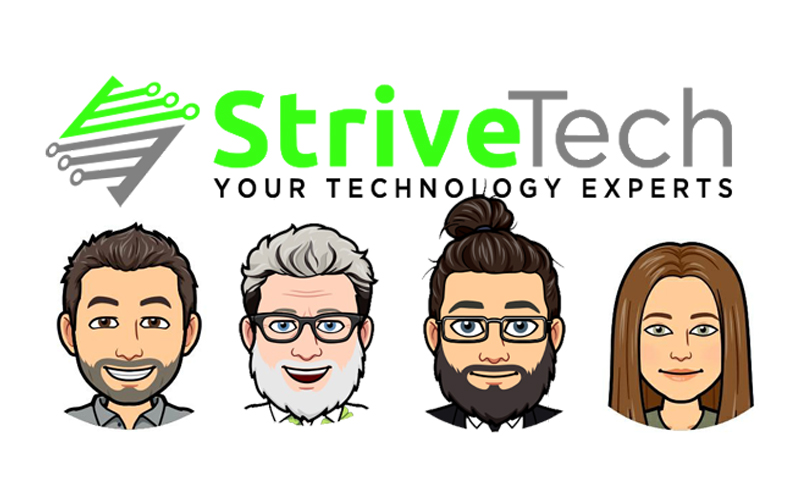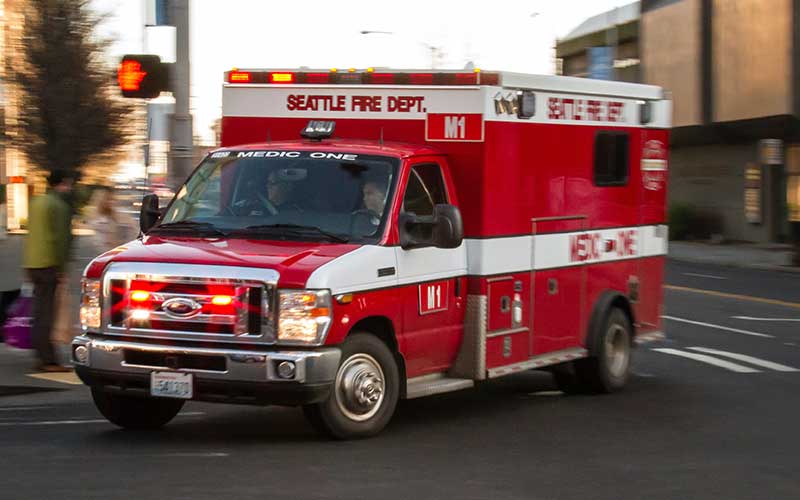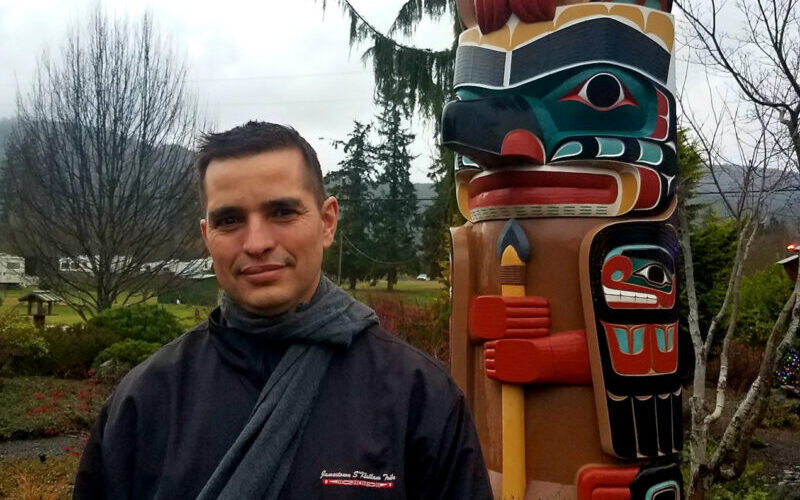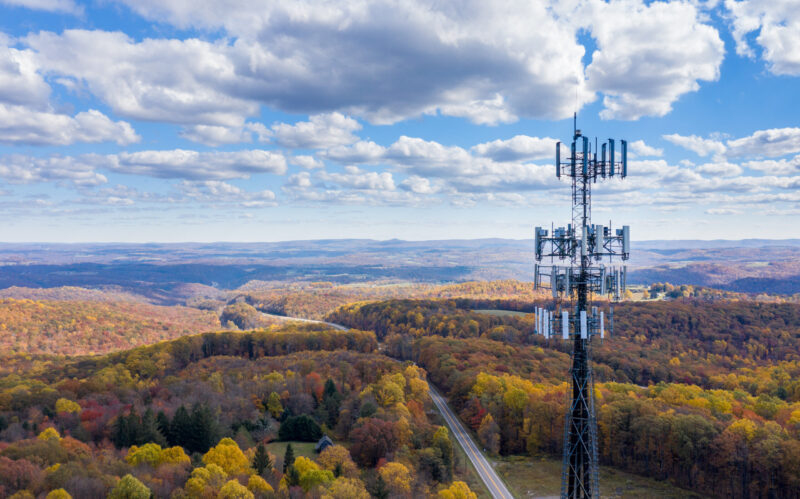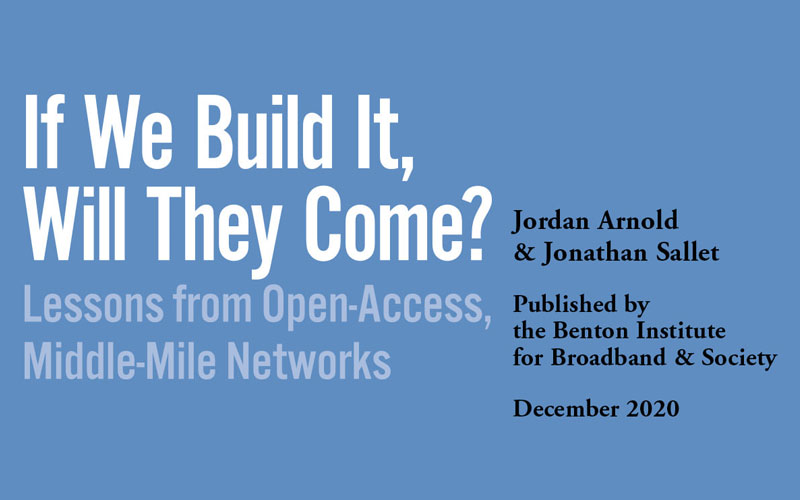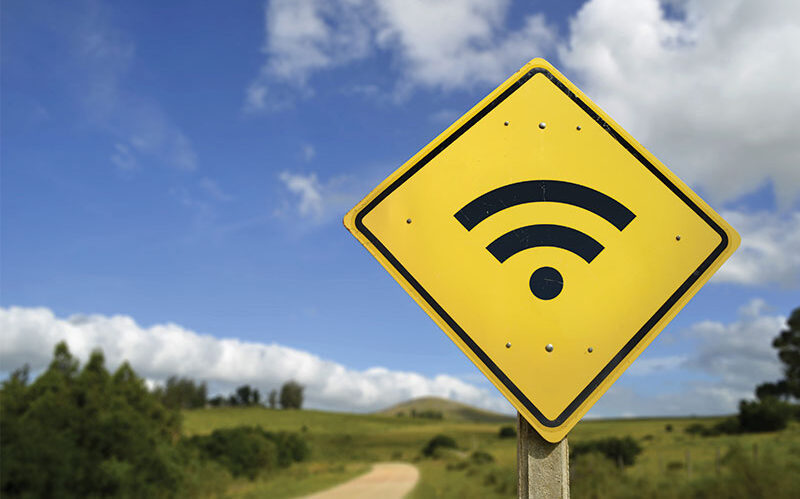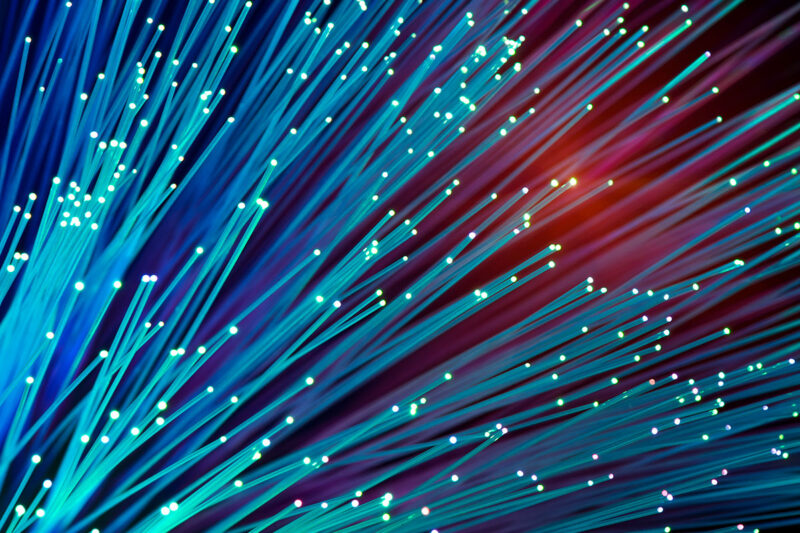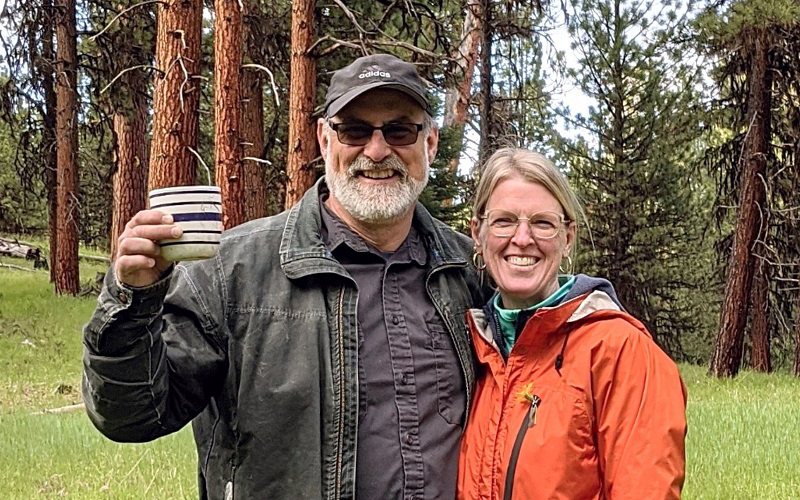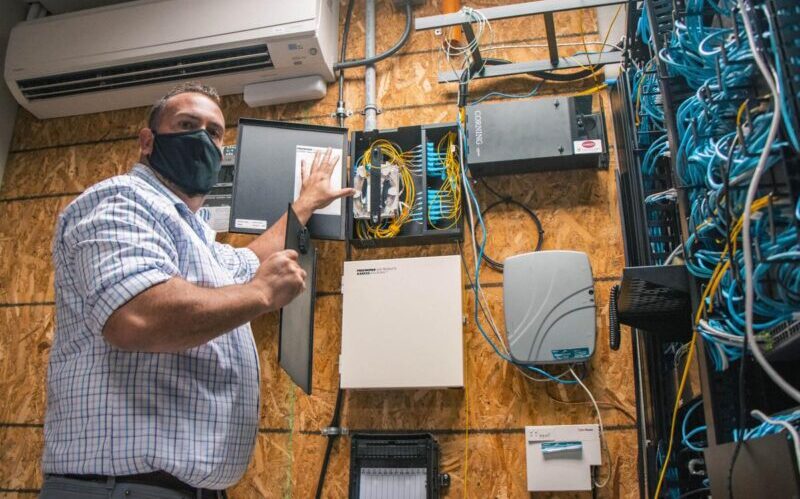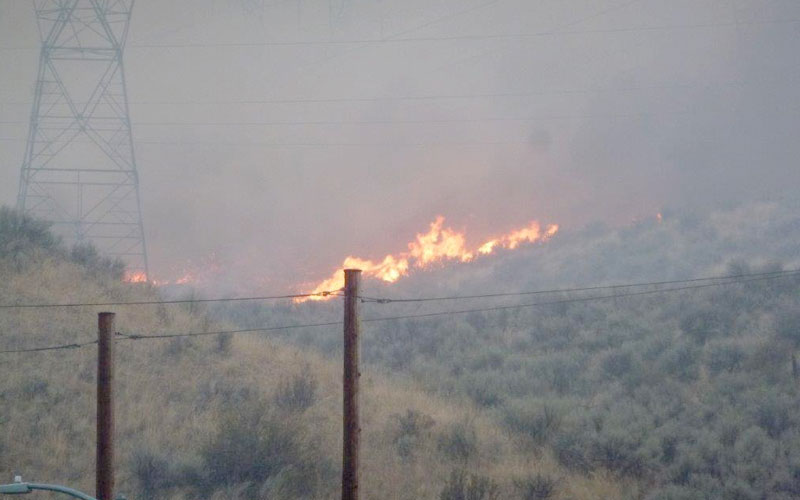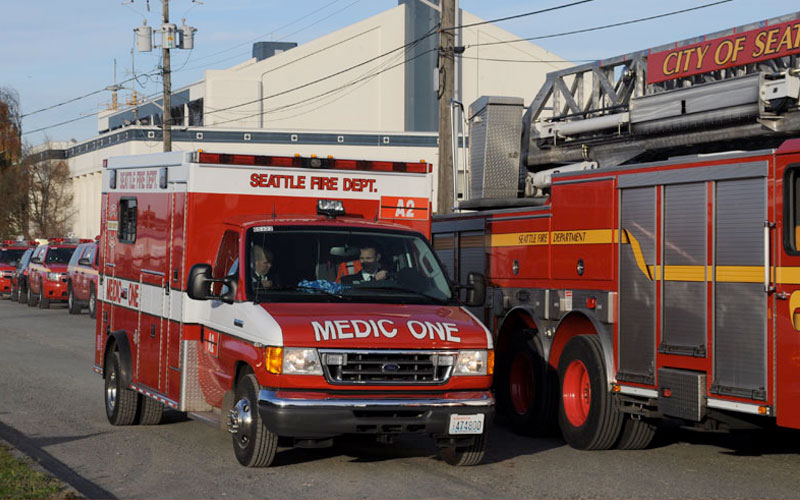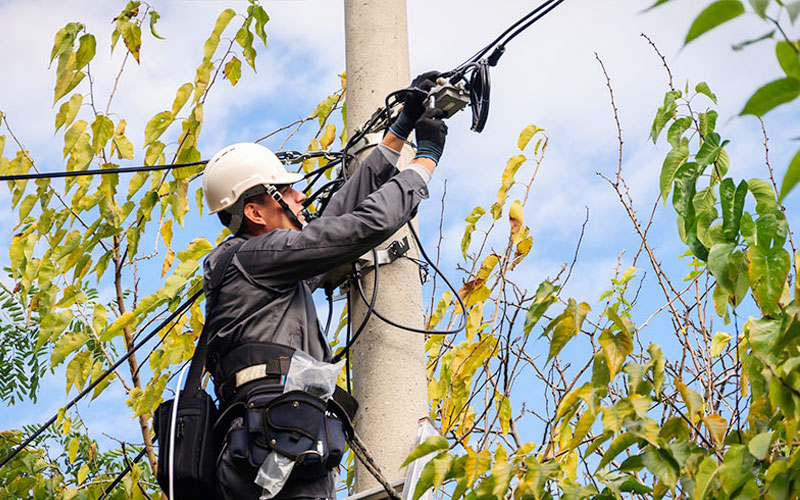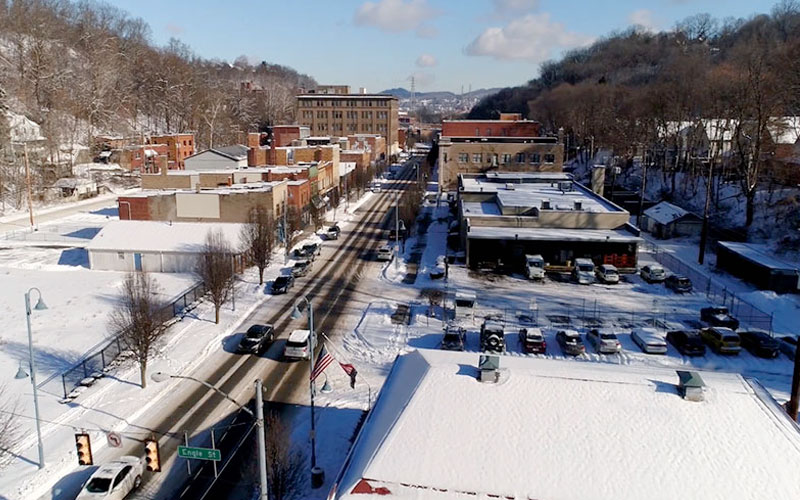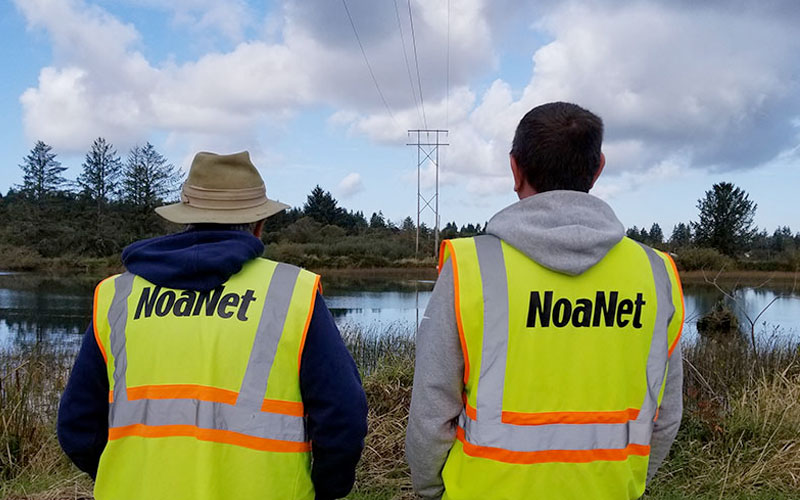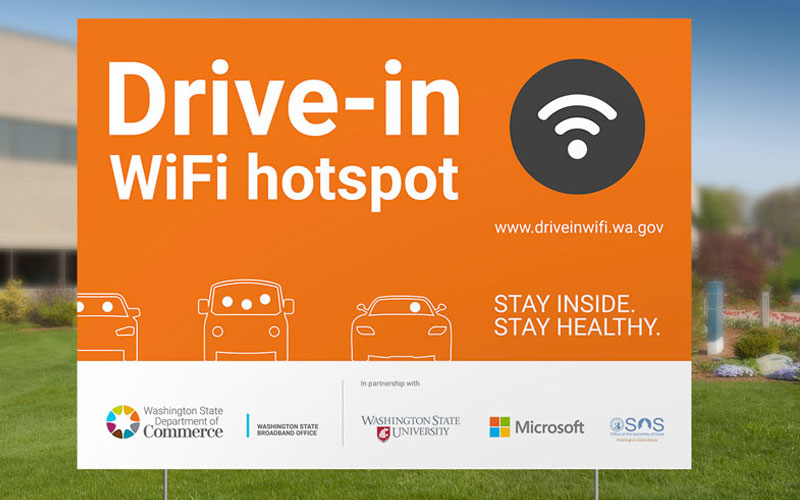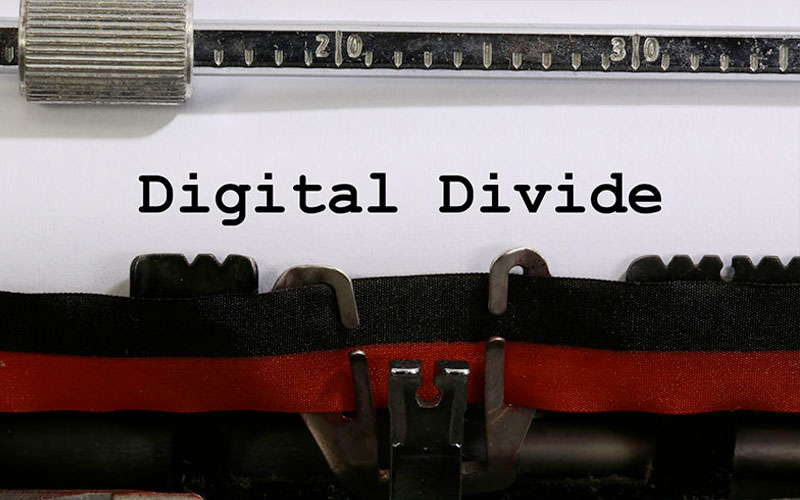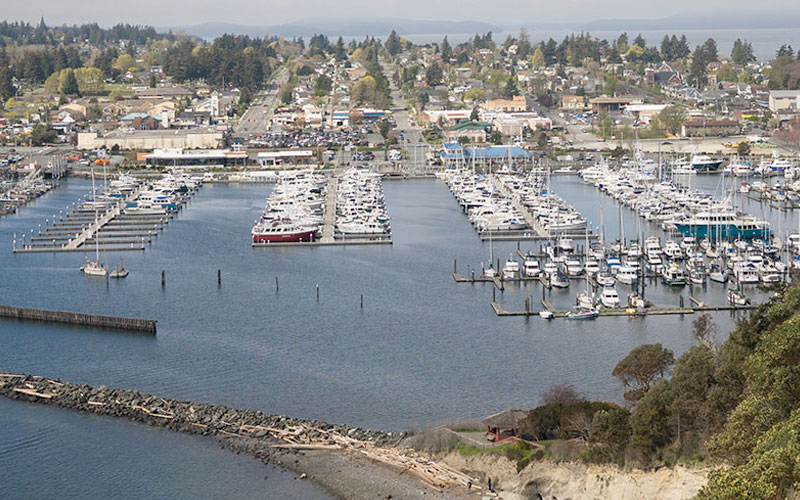In June 2024, Consumer Reports published results from its reader survey entitled “Best and Worst Home Internet Providers.” More than 48,000 respondents clapped back in what resulted in a ranking of 42 internet service providers (ISPs) both public and private, using a range of connection types, from fiber to satellite, DSL and cable modem.
Consumers were asked to rate, on a scale of 1 to 5, their satisfaction with the value received, reliability of the broadband connection, speed, and technical support. The publication makes no claims to the findings being statistically accurate, however it did calculate responses for a potential maximum of 100 cumulative points (which no provider fully achieved).
It may come as no surprise that more than half of the internet service providers ISPs were given unfavorable or worse ratings for overall satisfaction, and the majority earned the worst marks for value. Conversely, among the handful of ISPs that received stellar ratings for value, two were the overall favorites and both strictly public networks: Greenlight Networks (95 points) and EPB (92 points).
Greenlight Networks serves municipalities in the Rochester, Buffalo, Binghamton, and Albany, N.Y. areas, and EPB is Chattanooga, Tennessee’s municipal broadband service.
What is it that these public networks are doing right that make the consumer experience stand out well above some of the biggest ISPs in the nation? Municipal broadband’s high-speed public networks can be a welcome alternative to single provider networks, which can be known for monopolistic tendencies. It is also common to see privately held ISPs lower their service pricing when there is new competition in the neighborhood. Municipal broadband is usually competitive in price (often lower to peer ISPs), with excellent connection speeds.
Along with the two front-runners, some commercial ISPs also made the happy customer cut. Allo Fiber (24 cities throughout Arizona, Colorado, and Nebraska), Google Fiber (45 cities in 19 states), GoNetSpeed (18 states), and Sonic (Bay Area, Calif) all received solid overall satisfaction scores, and good scores for value.
The social forum website Reddit packs a reputation for users who hold nothing back on their rants and raves. Searching threads for some of these top-ranked providers, consistent praise was echoed for reliability, support, speed, and value, along with granular detail on network speeds and performances for those who love gaming at home.
One common theme all six top-ranked ISPs shared: they connect their home customers using fiber. When the survey was broken down by connection type across all responses, fiber was by far associated with the strongest customer satisfaction ratings, pulling in 69% “completely satisfied” and “very satisfied” sentiments. Still, the fact that two public broadband providers were the only two ISPs in the survey to cumulatively score more than 90 points speaks volumes.
Earlier this year, public interest group the Institute for Local Self-Reliance (ILSR) cited a post-Pandemic surge in public broadband. An increasing number of local communities are looking to build public, locally controlled broadband infrastructure amid a growing public demand for choice and competition among Internet service providers (ISPs). If the trend continues and government funding follows, there may be many more satisfied customers to come as new public networks are built!
NoaNet is a non-profit public broadband organization owned by public utilities that has been serving our region since 2000. NoaNet operates with a mission to enhance broadband access and services in Washington State and the Pacific Northwest. Our primary focus is on supporting the development of broadband infrastructure and programs to bridge the digital divide and bring the advantages of advanced connectivity to rural communities throughout the region.

